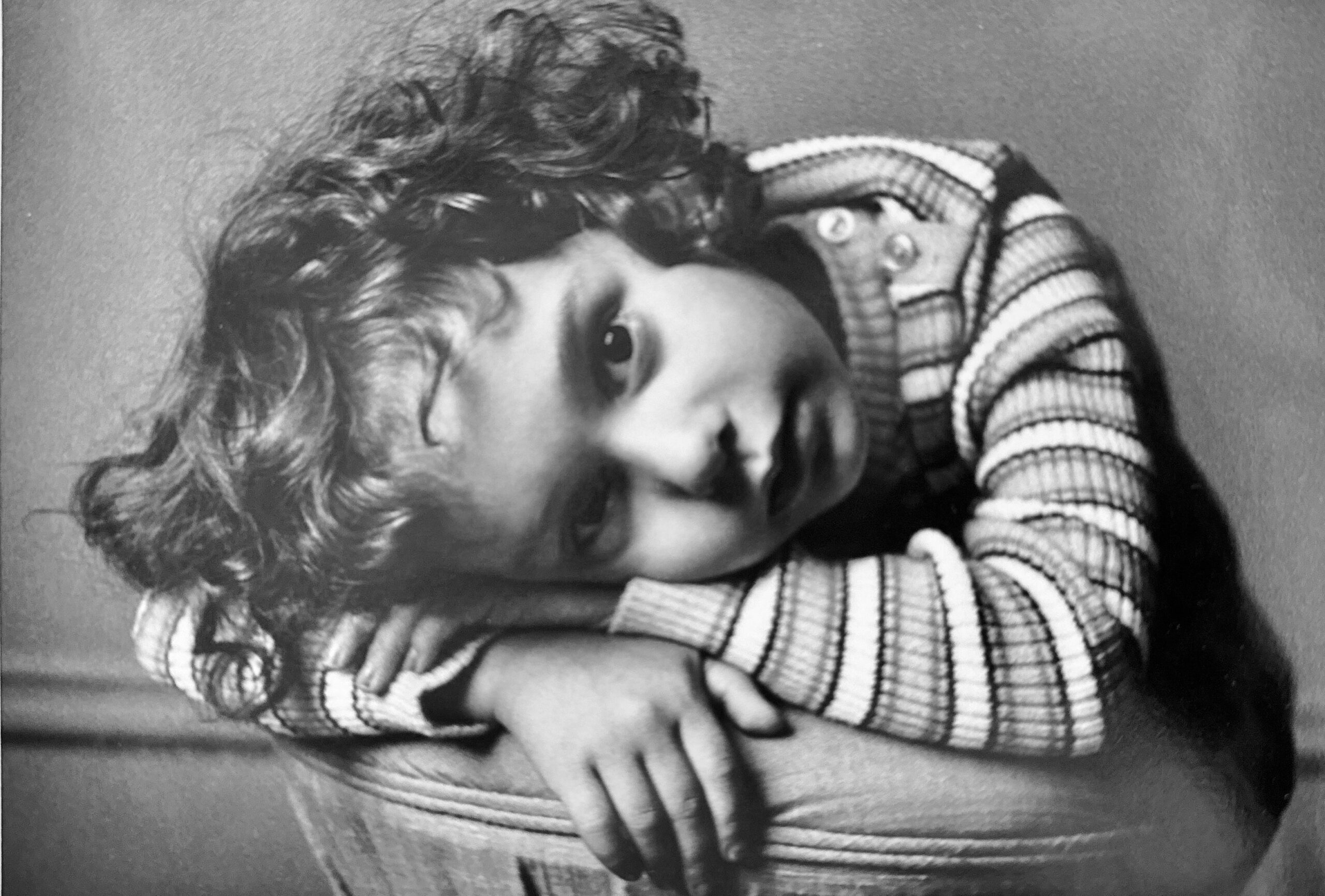If you’ve got squabbling kids with very different personalities, you’ll want to know how to stop sibling rivalry. This simple parenting strategy will help ease the tension and create more peace in your house.

The following is an edited transcript of this podcast episode.
When you’re dealing with kids, very often, the quickest way to get from A to B is not a straight line. It’s a circle. Let me explain:
There was a mom in our program recently who was dealing with her daughter. This daughter is a very Type A, whip-smart, highly sensitive girl who really wants to please everybody – but isn’t that pleasant all the time!
The mom loves her daughter, but she can be a firecracker. Then she’s got a younger boy, who is a much simpler kind of kid. He’s kind of a jokester, more easygoing and funny.
Well, this older sister sometimes finds her brother infuriating! And the other day, at dinner, the little boy was making a bunch of jokes and the older sister started calling him stupid and saying how unfunny his jokes were.
You Can’t Stop Sibling Rivalry by Telling Your Kids to Be Nice to Each Other!
The mom got really upset, and she said, “Well, now you’re gonna have to do something extra nice for your brother to make up for it.”
The little girl sat there at the dinner table, her face turning bright red and tears just spouting from her eyes, and the mom thought, “What am I doing? I’m not even punishing her. I’m just asking her to do something nice for her brother because she’s being mean! Isn’t this what we’re supposed to do? Teach our kids to be nice?”
Yes. But if you truly want to stop sibling rivalry it’s very important to know this: If we TELL our kids to be nice when they’re not FEELING nice, all that does is grow some more mean!
Another way to think of sibling relationships
Imagine that you’re working in a company. And imagine that YOU are that Type A person who files all the reports—you go to extra lengths to make sure that everything is done exactly right. And some yahoo brings in some shiny red cups into the coffee room and everybody’s like, “Oh my gosh! Wow! Did you see George? He brought shiny red cups into the coffee room!”
And you’re like, “Yeah? Did anybody notice that incredible report that I did that helped save us lots of money?”
And everybody’s like, “Yeah, yeah, yeah, but how about those shiny red cups?!”
So you know, that’s how she was feeling. And then what if somebody turned to her and said, “You’re not appreciating George’s shiny red cups! Could you please make sure you do something very nice for him to make sure he knows his shiny red cups are appreciated?”
When Your Kids Have Totally Different Personalities
Now, listen: It’s great to have somebody who brings the shiny red cups, and I don’t mean that facetiously. The truth of the matter is that what the young son is doing is super important.
Having people who are jokesters and light at heart is an incredible asset in our families, in our communities, in our culture at large. We pay stand-up comedians a lot of money for good reason! It is really important to have lightness and joy in our lives. So when we have kids who are like this, it’s wonderful.
But when we have kids who have other values, like this other daughter who values hard work and wants to be rewarded, only to find somebody else’s efforts more highly valued? It’s not going to go well in the family.
How to Stop Sibling Rivalry? Balance Your Attention!
So BOTH kids are of complete and total value, and BOTH kids need to be valued for what each of them brings individually.
So I suggested to this mom that instead of taking that straight line to sibling harmony, we should take a circular path, which goes like this: The next time they’re at the table, definitely laugh at his jokes—but also make sure to ask her about something hard that she accomplished.
What did she do today? How did that math test go that she was working for so diligently? Make sure she feels seen, too, and you’ll see that if you actually shine the light on her, she’ll be so bright that she’ll shine the light on her brother.
We see this all the time. The way to get one child to be able to appreciate their sibling’s skills is to actually appreciate the first child for their own.
That’s why a circle is much more effective than a straight line!



leave a comment
+ show Comments
11/14/24
posted on:
Siblings
filed in: